Facts about China and the Olympics
People's Daily app
1624418786000
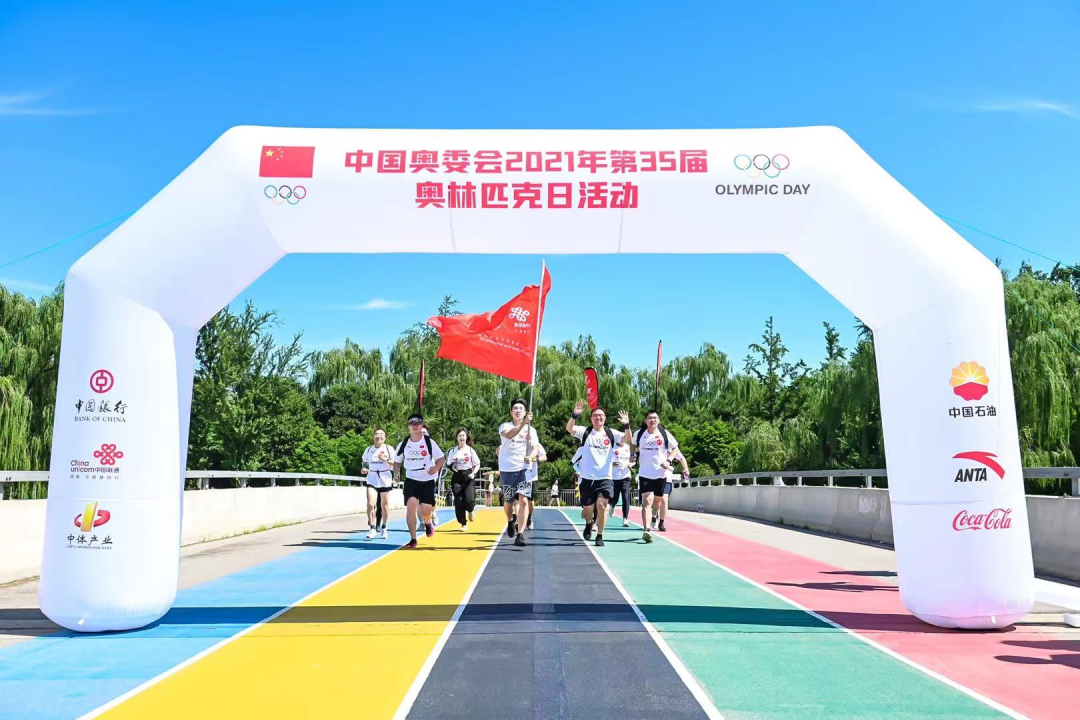
Celebrated all around the world on June 23, Olympic Day sees hundreds of thousands of people get moving and participate in sporting and cultural activities, including runs, exhibitions, concerts and educational seminars.
Since 1987, China has been celebrating Olympic Day. Meanwhile, China’s history in its involvement in the Olympics can be traced in the early 1920s.
An event marking Olympic Day is hosted by the Chinese Olympic Committee at Shunyi Olympic Rowing-Canoeing Park on Sunday. (Photo: People's Posts and Telecommunications News)
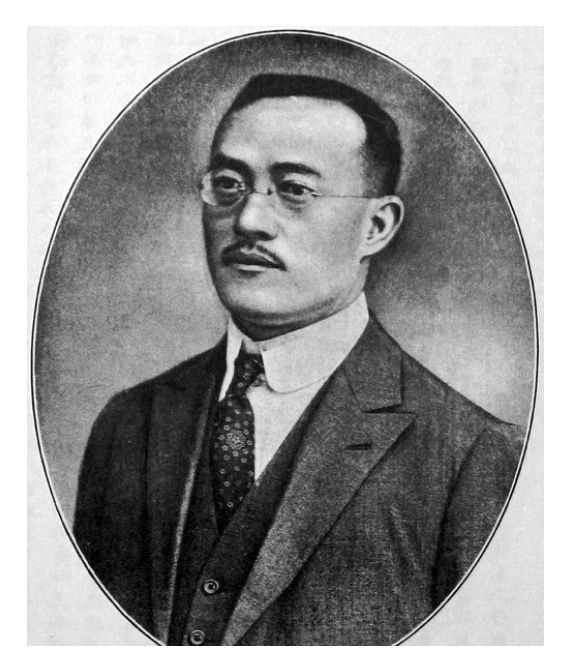
Wang Zhengting (Photo: bdcconline.net)
Wang Zhengting (1882–1961), a native of Fenghua in East China's Zhejiang Province, was elected as a member of the International Olympic Committee (IOC) in 1922.
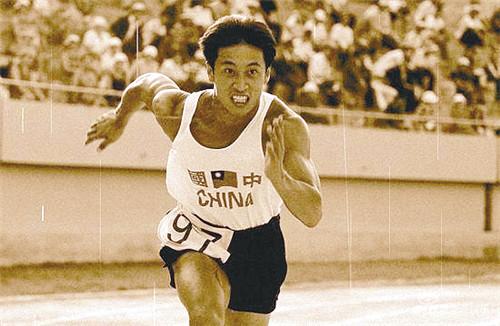
China's first Olympian: Liu Changchun (Photo: 52lishi.com)
Sprinter Liu Changchun (1909-83) was the first athlete to represent China in competition at the 1932 Olympics in Los Angeles.
On July 31, 1932, Liu competed in the 100 meter preliminaries, where he was assigned to group 2 which had six athletes. He then registered for the men's 100 meter, 200 meter, and 400 meter. He failed to qualify for the finals of the men's 100 meter and 200 meter, and he did not compete in the men's 400 meter due to exhaustion.
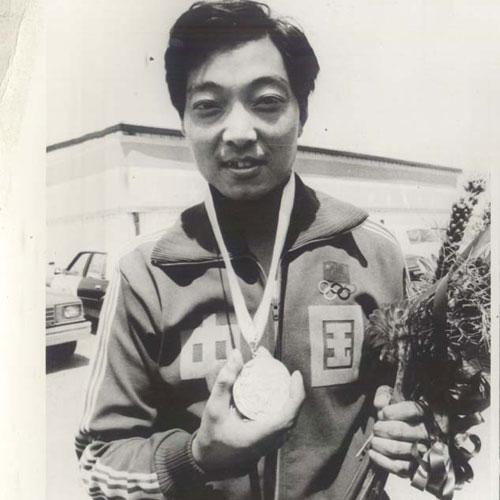
China's first Olympic medal: Xu Haifeng wins China’s first gold medal in the 50 meter pistol event. (Photo: CCTV.com)
Xu Haifeng, a 27-year-old pistol shooter, won China's first Olympic gold medal at the 23rd Olympics, held in Los Angeles in 1984. He achieved a breakthrough score in the men's 50-meter pistol shooting event. That year, Chinese athletes won 15 gold, 8 silver, and 9 bronze medals, making China fourth on the medal table.
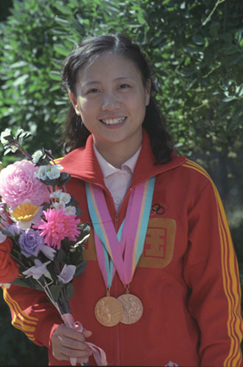
Wu Xiaoxuan, a shooting champion at the 23rd Olympic Games in Los Angeles in 1984 (Photo: people.cn)
Wu Xiaoxuan won in the standard small-bore rifle shooting event, becoming the first Chinese woman to win an Olympic gold.
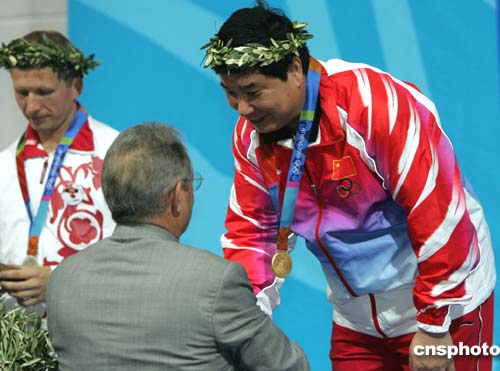
Wang Yifu wins the championship in the men's 10 meter air pistol competition at the Athens Olympics on August 14, 2004, which was the second gold medal for China (Photo: Chinanews.com)
Wang Yifu, born in 1960, is male pistol shooter and the only Chinese athlete who has participated in six Olympics. He has two gold medals, three silver medals, and one bronze medal from events between 1984 and 2004.
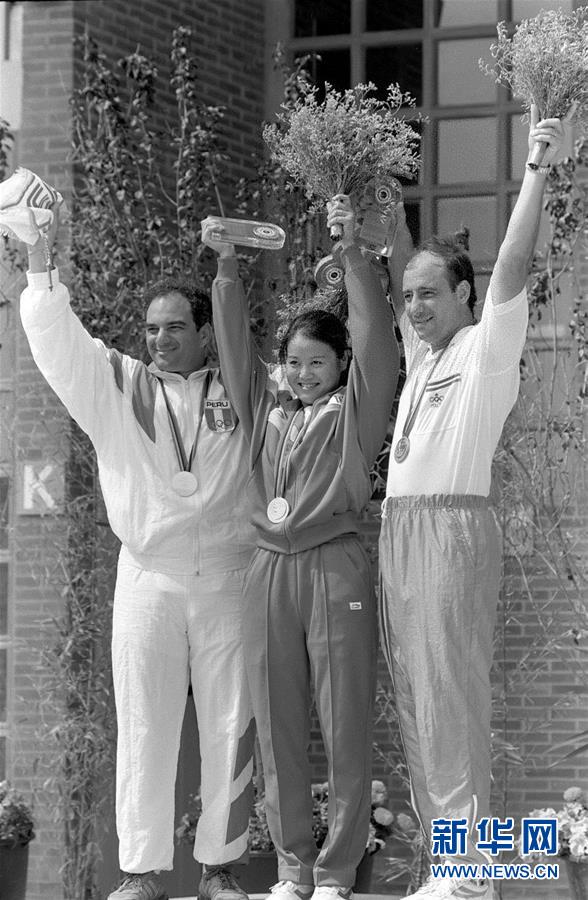
Zhang Shan (middle) (Photo: Xinhua)
At the 1992 Barcelona Olympics, female Chinese athlete Zhang Shan defeated many male opponents to win the men's and women's mixed skeet event. This event is no longer a part of the Games, but Zhang is unique for coming out on top in an event that saw both male and female competing against each other.
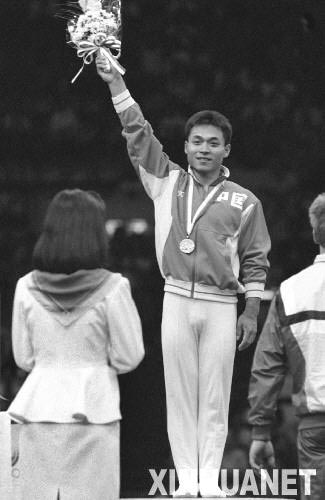
Lou Yun (Photo: CCTV.com)
In 1988, at the 24th Olympics, held in Seoul, South Korea, gymnast Lou Yun for the second time took the gold in the men's vault event, becoming the first Chinese to win two gold medals in a row.
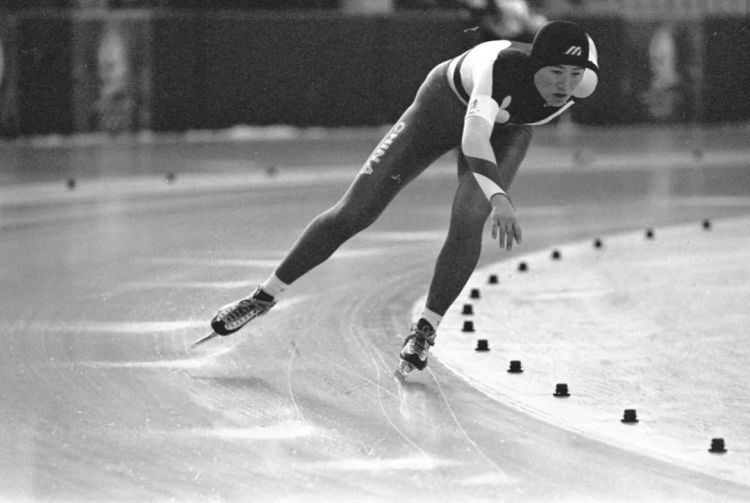
Ye Qiaobo at the Albertville Winter Games on February 10, 1992 (Photo: Xinhua)
Ye Qiaobo won China’s first winter medal, a silver in women’s 500 meter speed skating.
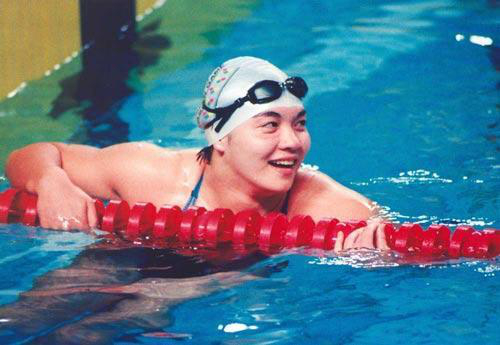
Lin Li (Photo: 2021chengdu.com)
Swimmer Lin Li won the women's 200 meter individual medley with a time of 2'11''65 and became the first Chinese to break a world record.
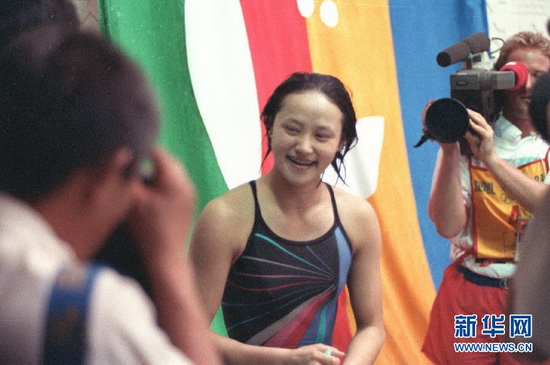
Gao Min (Photo: Xinhua)
Gao Min pocketed the women's 3 meter springboard gold again after the Seoul Olympics, becoming the first Chinese woman to consecutively win golds at two Olympics.

Lee Lai-shan (left) (Photo: CCTV.com)
At the Atlanta Olympics in 1996, China sent a delegation of 495 members consisting of 309 athletes for 22 out of the 26 events and maintained its fourth place with 16 golds, 22 silvers and 12 bronzes, right after the US, Russia and Germany.
Lee Lai-shan, a women's sailing competitors, won Hong Kong's first Olympic gold in Atlanta in 1996, one year before Hong Kong returned to the motherland.
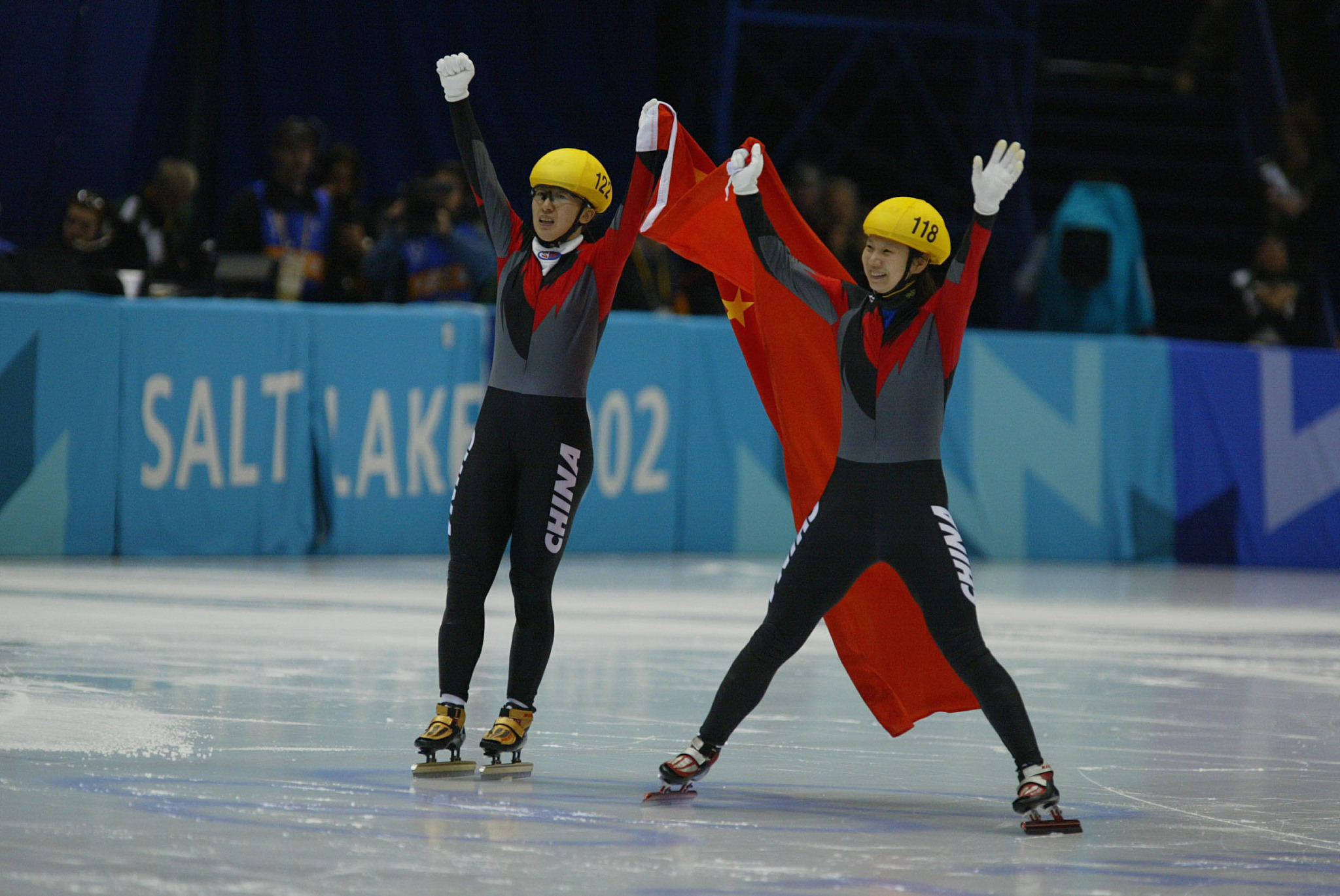
Yang Yang (left) and Wang Chunlu of China celebrate after winning gold and bronze medals in the women's 500 meter short track speed skating race at the Winter Olympics in Salt Lake City, Utah, the US, on February 16, 2002. (Photo: VCG)
Yang Yang won the women’s 500m short track speedskating event, China’s first winter gold, at the Salt Lake City Winter Games in 2002.
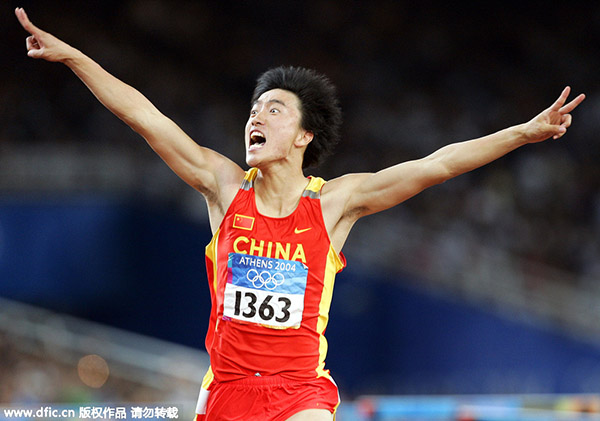
Liu Xiang celebrates as he crosses the finish line to win the men's 110 hurdles final at the 2004 Olympic Games on August 27, 2004. (Photo: IC)
Liu Xiang won high hurdles, China’s first gold in a men’s track event at the Athens Summer Games in 2004.
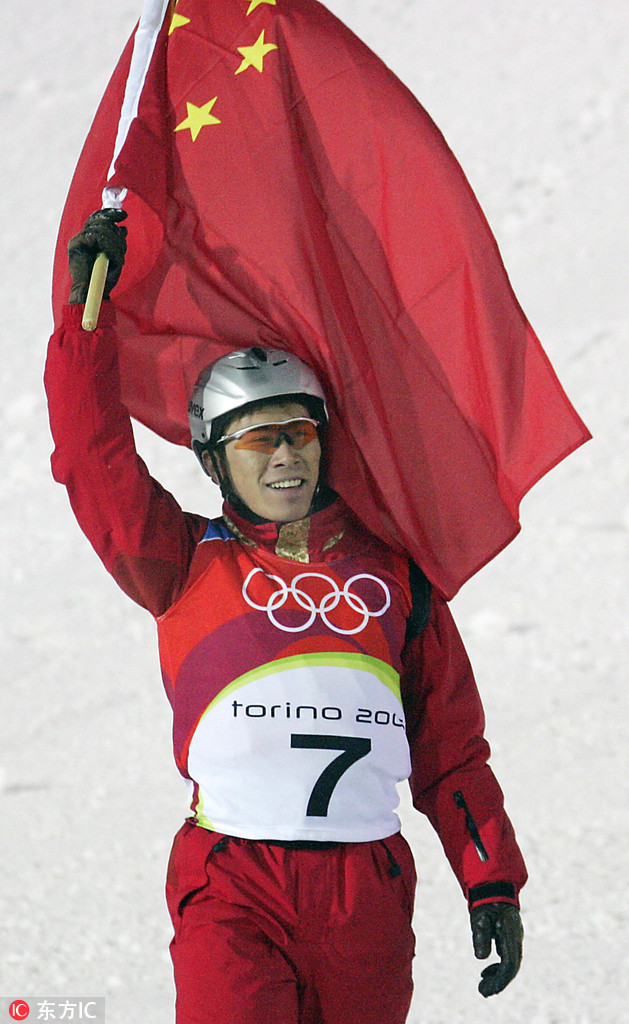
Han Xiaopeng celebrates after winning gold in the men's freestyle aerials final at the Turin 2006 Winter Olympic Games in Italy, on February 23, 2006. (Photo: IC)
Han Xiaopeng won China’s first medal on snow with a victory in the freestyle skiing aerials at the Turin Winter Games in 2006.
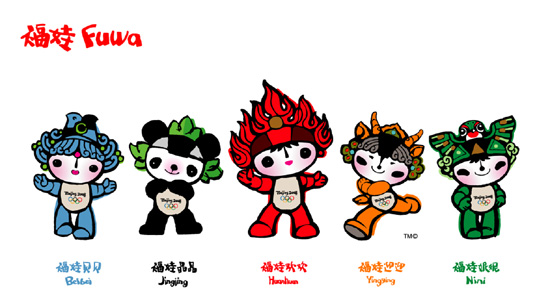
Fuwa (Photo: gov.cn)
The 2008 Beijing Olympics had the largest number of mascots, with five figurative personified "Fuwa," which translates as "good-luck dolls," with each name forming the sentence "Welcome to Beijing" (Bei Jing Huan Ying Nin).
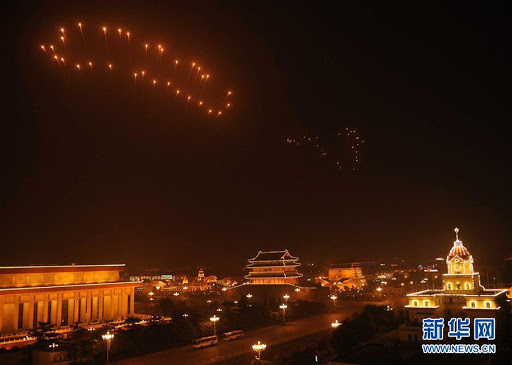
The Beijing Games open on August 8, 2008, almost eight decades after China’s first teams competed at the modern Olympics. (Photo: Xinhua)

In 2015, Beijing won the vote to host the 24th Winter Olympics in 2022. China once again realized its Olympic dream. Beijing became the first city to host both the Summer Olympics and the Winter Olympics. (Photo: Xinhua)
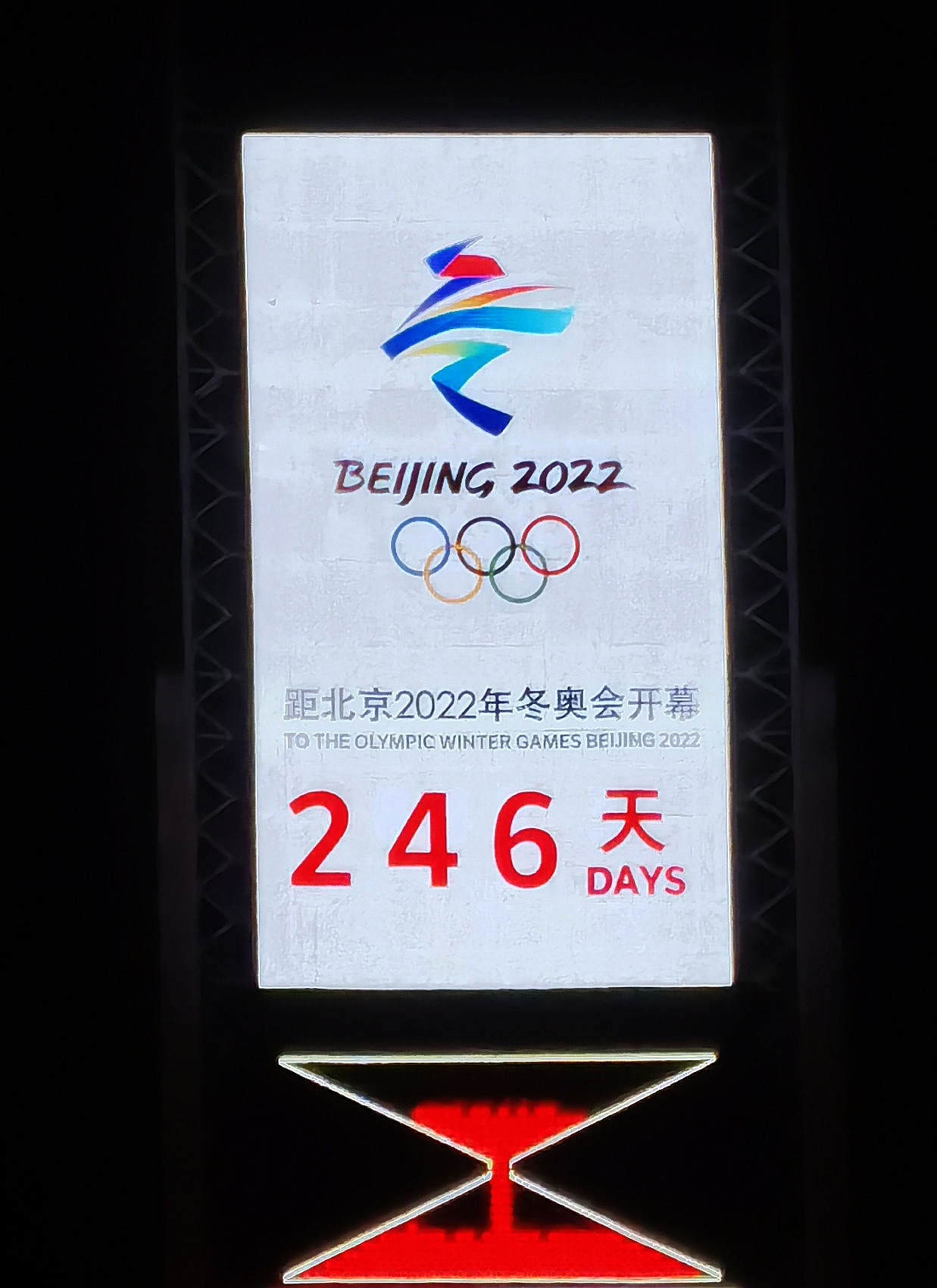
A view of the countdown panel till the opening of the Beijing 2022 Winter Olympics in Beijing Olympic Park on June 2, 2021. (Photo: VCG)
Beijing will be the only city in the world to ever organize both a summer and winter Olympics. Beijing held the 29th Summer Olympics in 2008 and will hold the 24th Winter Olympics together with the neighboring city of Zhangjiakou in 2022.

The Beijing Winter Olympics will become a landmark event of the integration of technology and sports throughout the development of the Olympic Games, and it will also be an important stage for China to show the world its ability to innovate in science and technology. (Photo: Xinhua)
(Compiled by Dong Feng)


